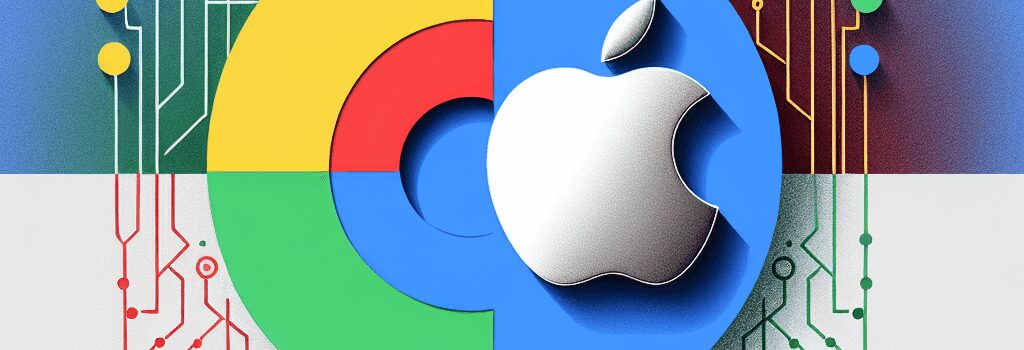Google Responds to Apple on AI’s Search Impact

The high-stakes antitrust trial targeting Google’s search business has entered its decisive phase, with repercussions that could reshape online search and digital advertising. Last week, Apple SVP of Services Eddie Cue testified that Google’s default‐search arrangement with Apple might be under strain as users increasingly turn to AI‐driven alternatives. Google’s swift public response signals just how sensitive it is to any suggestion that its search dominance is slipping.
The Antitrust Trial Enters Final Stages
For the past several months, the U.S. Department of Justice (DOJ) has argued that Google’s multibillion-dollar default‐search contracts with Apple and Mozilla constitute anticompetitive behavior. Key points include:
- Default Placement: Google pays Apple an estimated $18–20 billion per year to remain Safari’s default search engine on iOS and macOS.
- Search Volume Metrics: During his April testimony, Cue noted a year-over-year April drop of roughly 2.3% in Safari search queries—the first decline since the deal’s inception.
- DOJ Remedies: Proposed structural remedies include banning default‐search payments and requiring Google to make search services available on fair, reasonable, and non-discriminatory (FRAND) terms.
Google’s Official Statement
Within hours of Cue’s testimony, Google fired back with a written statement:
“We continue to see overall query growth in Search. That includes an increase in total queries coming from Apple’s devices and platforms. As we enhance Search with new features—whether through voice, Google Lens, or generative AI integrations—people are finding it more useful for a broader range of tasks. We remain committed to innovation and look forward to sharing more at Google I/O.”
Technical Underpinnings of AI-Driven Search
Since unveiling the Attention Is All You Need paper in late 2017, Google’s research teams have layered transformer-based architectures into flagship products:
- BERT & MUM: Bidirectional Encoder Representations from Transformers (BERT) and Multitask Unified Model (MUM) enhance context understanding across 40+ languages.
- Query Throughput: Google processes over 40,000 queries per second (QPS) globally, leveraging TPU v4 accelerators to maintain sub-100ms latency.
- Gemini Integration: The newly announced Gemini Ultra model at Google I/O 2025 offers on-device inference for more private, faster AI responses in the Google app.
Market Reaction and Financial Impact
Investors reacted sharply to Cue’s remarks. Alphabet shares plunged approximately 8% in after-hours trading—a drop wiping out over $100 billion in market capitalization within minutes. Market analysts at Morningstar and JP Morgan cited rising competition from AI chatbots and vertical search engines (e.g., Perplexity, Bing Chat) as catalysts for investor anxiety.
Expert Insights on Search Trends
Industry analysts offer varied perspectives:
- Forrester Research: “Although generative AI can handle specific queries, it currently lacks Google’s breadth of index and real-time freshness,” says analyst Mike Rogers.
- IDC: Projects global search ad spend to grow 7.5% in 2025, underscoring continuing advertiser reliance on search platforms.
- Independent Developer: “Safari’s Private Relay and on-device intelligence reduce direct hits to Google servers—but usage remains a fraction of total query volume,” notes iOS app developer Clara Ng.
Future Outlook: Innovation vs. Regulation
As the court weighs remedies that could ban default-search agreements, Google’s long-term strategy hinges on AI‐first innovations. With Gemini enhancements, Chrome integrations, and partnerships across Android, the company is doubling down on hybrid search—combining traditional ranking signals with generative responses. Yet regulators and competitors argue that entrenched agreements have delayed genuine competition.
Ultimately, the outcome may hinge less on courtroom drama and more on user adoption of AI tools, browser defaults, and emerging decentralized search protocols. Whatever the verdict, the battle between innovation and antitrust regulation promises to define the next decade of web search.